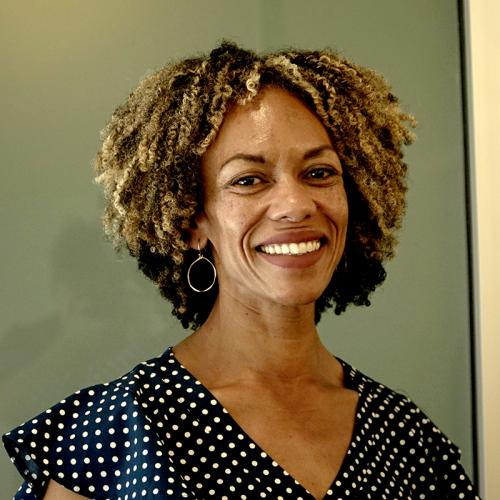
Owning My Leadership
A reluctant leader’s journey to confidence
“Leadership is a responsibility.”
I had never considered this perspective, and the words hit me like a blast of fresh air on my first day of the UC Davis Leadership Academy.

When Rao Unnava, dean of the UC Davis Graduate School of Management, issued the program’s opening remarks, I knew that I was in for an amazing week.
Speaking further on the subject of leadership and leading teams, Unnava remarked that “when something good happens at work, it is because of others on the team, but when something bad happens, it is because of the leader.”
I reflected on how this applied to my own team at the San Francisco Office of the Assessor-Recorder, where I serve as the deputy assessor of finance and administration. While I lead a team of dedicated administrative, human resource, information technology and finance professionals, in some ways I have been a reluctant leader, sometimes doubtful of my skill or ability to lead. The academy gave me tools to:
- Define various leadership styles.
- Be more mindful of the work that it takes to build and motivate teams.
- Recognize and act on the importance of expanding my network.
Defining Leadership Styles
Prior to attending the academy, I didn’t have a clear definition of my leadership style. I like to bring people together, to build common ground and establish rapport, while empowering my team to lead and make decisions on their own. Through our module on Becoming a Trusted Leader with Professor Emerita Kimberly Elsbach, I learned that my style is a combination of transformational and empowering leadership. The key is to be able to apply the right style to the appropriate situation and know how to build trust amongst the team.
Learn more about the UC Leadership Academy
Building a Great Team
The module with Professor Becky Bechky on Building and Leading Great Teams was one of my favorites. I loved the analogy of a team as a hot air balloon ride. While it looks beautiful on the outside, it can sometimes be a hot mess on the inside. I learned that teams can be particularly difficult without strong leadership, clear goals and some understanding of the different histories, priorities, experiences and perspectives of those on the team.
One of my key takeaways was to reflect on how I am providing my team with recognition, opportunities for achievement and growth that are key factors in motivation and job satisfaction.
Expanding My Network
While I was prepared to meet new colleagues and counterparts from other counties, I was not prepared for the thoughtful ways that the program would connect us. From building towers with spaghetti noodles and a marshmallow, to murder mystery activities and deep case study discussions, the program was truly designed for participants to work closely together. Not only were we encouraged to meet with new people during each daily activity, program facilitators urged us to socialize during and after dinner so that we could really get to know each other.
These thoughtful connection opportunities paired with the words of our panelists stressed the importance of building our networks, both professionally and socially. As a result, I connected with my cohort via LinkedIn and will look for opportunities to stay in touch beyond our time at the academy.
After attending so many mediocre trainings over my government career, I can honestly say that the Leadership Academy program, panels and lectures blew me away.
The academy felt like a true investment in my career and leadership journey—and it was my honor to share space with so many talented and knowledgeable public servants.